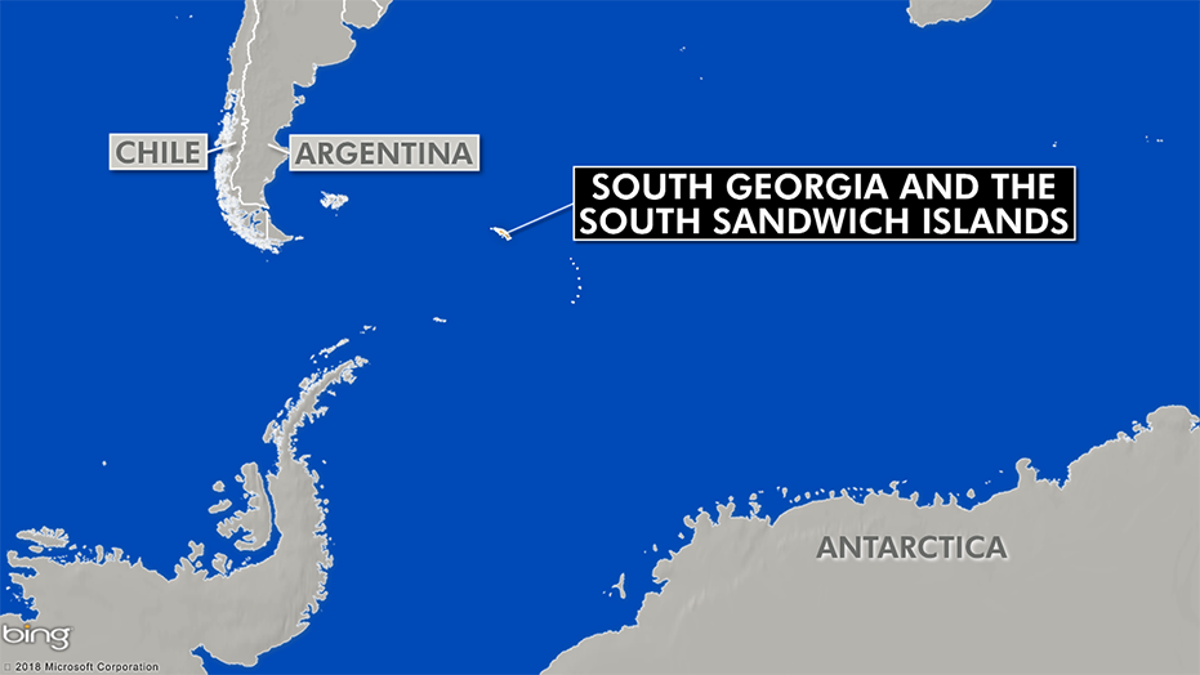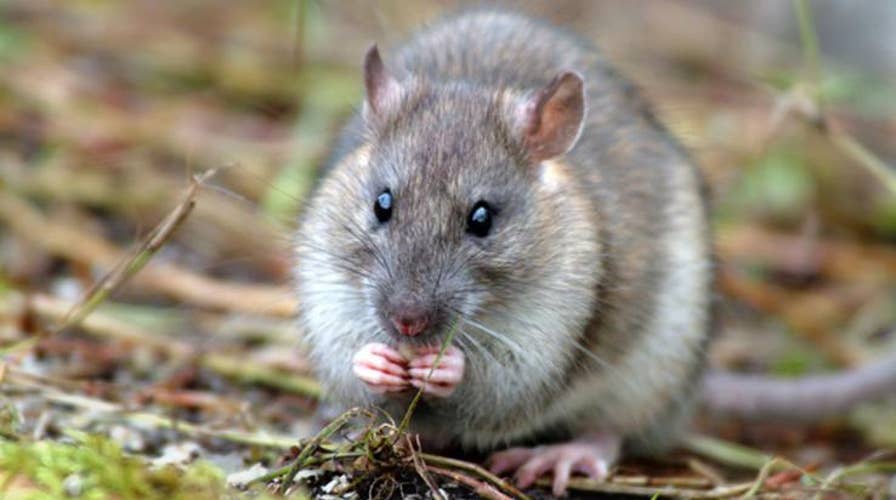UK territory officially ‘rat-free’
Crews have officially rid a South Georgia, a UK overseas territory, of rats. Rodents were introduced to the island as stowaways in the late 18th century and have been wreaking havoc on its ecosystem since.
The world’s largest-ever rodent cull has completely eradicated rats and mice from South Georgia Island, an important wildlife haven in the South Atlantic.
The U.K. Overseas Territory is now free of rodents for the first time since humans arrived on the island 200 years ago, scientists announced Wednesday. The invasive animals had devastated South Georgia’s bird population, even threatening species that are endemic to the remote island.
South Georgia, which is the final resting place of the explorer Ernest Shackleton, is about 800 miles southeast of the Falkland Islands.
HUMANS ARE KILLING OFF LARGE MAMMALS AT AN ALARMING RATE, STUDY FINDS
Scottish charity South Georgia Heritage Trust (SGHT) and its U.S. counterpart, the Friends of South Georgia Island, raised £10 million ($13.6 million) to fund the ambitious project.

South Georgia is about 800 miles south east of the Falkland Islands (Bing)
The massive cull, which spanned 420 square miles, began in 2011.
In the first phase of the operation, two helicopters were used to drop 50 metric tons (55 tons) of poisoned bait on the island. “This first phase of baiting alone ‒ completed in just 28 days despite the harsh sub-Antarctic conditions ‒ made this project the largest island rodent eradication operation ever undertaken in the world,” explained the South Georgia Heritage Trust in a statement.
NEARLY 200 HORSES FOUND DEAD, BURIED IN MUD ON NAVAJO LAND IN ARIZONA
The second phase started in 2013 and used three helicopters to drop 157 metric tons (173 tons) of bait. A 25-strong expedition team dubbed “Team Rat” was involved in this stage of the cull, including pilots, engineers, chefs, doctors and field staff.
Two years later experts returned to place yet more bait on the island, dropping 95 metric tons (105 tons) from three helicopters. An extensive monitoring survey began in 2017, with over 4,600 devices such as chewsticks and tracking tunnels used to detect evidence of rodents.
“Since the last baiting phase in 2015/16, no sign of rodents have been detected with some bird species already showing very dramatic signs of recovery, but a comprehensive survey was essential before the island could officially be declared free of rodents,” said the SGHT in a statement.
THE FASCINATING SEX LIFE OF JONATHAN, THE 185-YEAR-OLD GIANT TORTOISE
Experts spent six months on South Georgia this past winter, with three highly trained sniffer dogs used to find evidence of rodents. The dogs walked a total of 1,510 miles and their two female handlers covered almost 1,000 miles searching for signs of the rodents.
This task was particularly challenging given the island’s rugged, mountainous terrain. “Together, the handlers climbed the equivalent ascent of Mount Everest eight times over, and the dogs climbed Mount Everest 12.9 times over,” explained the SGHT.
“South Georgia Heritage Trust is delighted to declare that its Habitat Restoration Project is complete and that invasive rodents have been successfully eradicated from the island,” said Professor Mike Richardson, chairman of the SGHT Habitat Restoration Project Steering Committee, in the statement.
“It has been a privilege to work on this conservation project, the largest of its kind anywhere in the world, and I am immensely proud of what the small charity has achieved — it has been a huge team effort.”
Follow James Rogers on Twitter @jamesjrogers
This story has been corrected - South Georgia and the South Sandwich Islands are southeast of the Falkland Islands.

